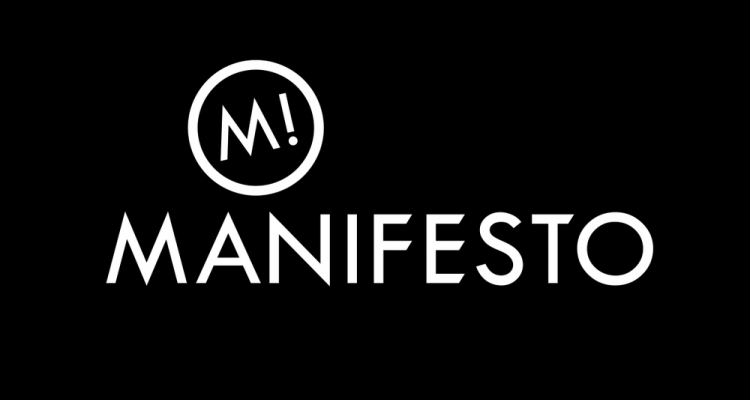There is a problem with having a special class of companies called ‘CSR responsible’ that are supposed to operate to different rules. It suggests that normal businesses can’t be operated to the benefit of society - and that’s dangerous because the vast number of companies in the world are - and will remain - standard businesses. It’s the rules for the mainstream we want to see evolve.
The task isn’t to produce special unicorns, magical businesses that somehow exist outside the framework of capitalism, it’s to tame capitalism so that we benefit from its raw vibrant energy but deal with the fact that the marketplace isn’t capable of making long term or moral choices. That means that if your company produces a bad product, fails to change with the times, fails to control its costs, fails to delight customers – then you’re toast. No free passes for being cute and fluffy.
After all, we’re happy when it works for us. When Elon Musk comes along and transforms the transport industry with some seriously creative disruption. We’re delighted that he does it playing by the same rules as everyone else and shows how well it works. But then suddenly we want to insulate companies that have well stated intentions so they can be protected from the consequences of poor management decisions?
We need businesses that are sustainable to be successful. That means skill in execution. That means that they out-compete, out-perform and out-innovate their competitors. We want red-in-tooth-and-claw sustainable businesses. And those that are sustainably minded but have poor execution should fail, just the same as businesses that ignore the changing nature of the context within which they operate deserve to fail.
We want it to become business as usual. That only happens by taking on the mainstream debate between the long-term value creators (the Unilevers of the world) and the short-term profit chasers.
We are part of a capitalist world, and there are many aspects of that which are good. Such a world is creative and innovative. Problems get solved. People get to choose. People are allowed to succeed. The marketplace does not, however, make moral choices. It is only aware of market-based signals, and can miss important information that is outside of its terms of reference. It deals with people as consumers, but not as citizens. It is wholly dependent on the life support systems provided by the natural environment but fails to factor that into pricing models.
So we need capitalism 2.0 - one that is an evolution of the old to enable us to build long-term sustainable wealth, rather than simply better castles in the shifting sands.
But let’s be clear. Although at the macro level that will be about moderated levels of wealth creation, at a micro level it will remain a case of survival of the fittest. That’s how it should be. No prizes for eighth place. No special unicorns. The fittest need to be the ones to disrupt their marketplace to become sustainable.
There’s everything to play for and no room for sentimentality.


